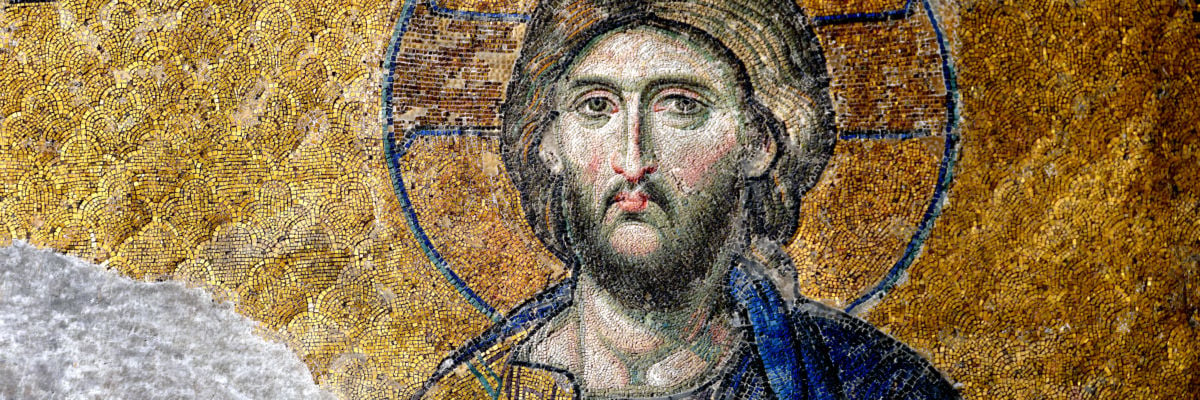
Question:
Answer:
Yes, Jesus did possess and experience this and the other six gifts of the Holy Spirit, as Isaiah said he would in a notable Messianic prophecy:
There shall come forth a shoot from the stump of Jesse, and a branch shall grow out of his roots. And the Spirit of the Lord shall rest upon him, the spirit of wisdom and understanding, the spirit of counsel and might, the spirit of knowledge and the fear of the Lord. And his delight shall be in the fear of the Lord (Isaiah 11:1-3). (Note: The Septuagint [Greek Old Testament] and the Latin Vulgate read “piety” for “fear of the Lord” in its first occurrence in Isaiah 11, thus listing seven gifts.
We should not be surprised that Jesus had these seven gifts, because in his humanity Scripture tells us he is like us in all things but sin (Heb. 4:15).
In addition, fear of God here means, as St. Thomas Aquinas conveys in the Summa Theologiae, “filial” fear, whereby we revere God as sons and avoid separating ourselves from him, as opposed to “servile” fear, whereby we fear punishment (Summa, I-II, q. 67, art. 4; II-II, q. 19, art. 9).
Jesus is first and foremost a divine person, and yet he is fully human as a man, taking on a human nature at the Incarnation (Jn. 1:1-3, 14).
We see the fear of the Lord on display during Christ’s agony in the Garden of Gethsemane, when Jesus asks his heavenly Father three times that the cup of suffering of his Passion and Death pass from him; and yet, out of profound love and filial fear of the Lord, Jesus does the Father’s will in carrying out his redemptive Paschal Sacrifice of Calvary, beginning in Gethsemane (Matt. 26:36-46).
Because he is God, Jesus was never vulnerable to sinning in his humanity. And yet Jesus experienced the great suffering of his Passion and Death, so much so that he asks that his cup of suffering pass from him. And yet he also remained in his divinity perfectly united with his heavenly Father and the Holy Spirit (see John 17:20-23). Such is the profound mystery of Jesus’ hypostatic union, of his being true God and true man (see CCC 464-78). And here we mean “mystery” as a profound truth, but one which we will never fully comprehend, given God’s divine transcendence.
Finally, we also see that while Jesus had fear of the Lord in relation to his heavenly Father, he did not have it with respect to himself, because he is one person, a divine one, not two persons—a divine and human one—which would introduce a duality and confusion in Jesus, which is impossible for one who is God. Indeed, if taking on a human nature caused confusion for Jesus, he would have been shown to be not divine, to not to have been an omnipotent, eternal person. Rather, Jesus is one divine person with two natures, a divine one and a human one. As the Council of Chalcedon defined in 451, “We confess that one and the same Christ, Lord, and only-begotten Son, is to be acknowledged in two natures without confusion, change, division or separation. The distinction between the natures was never abolished by their union. . .” (CCC 467).
For more on the seven gifts of the Holy Spirit, see our related article.



